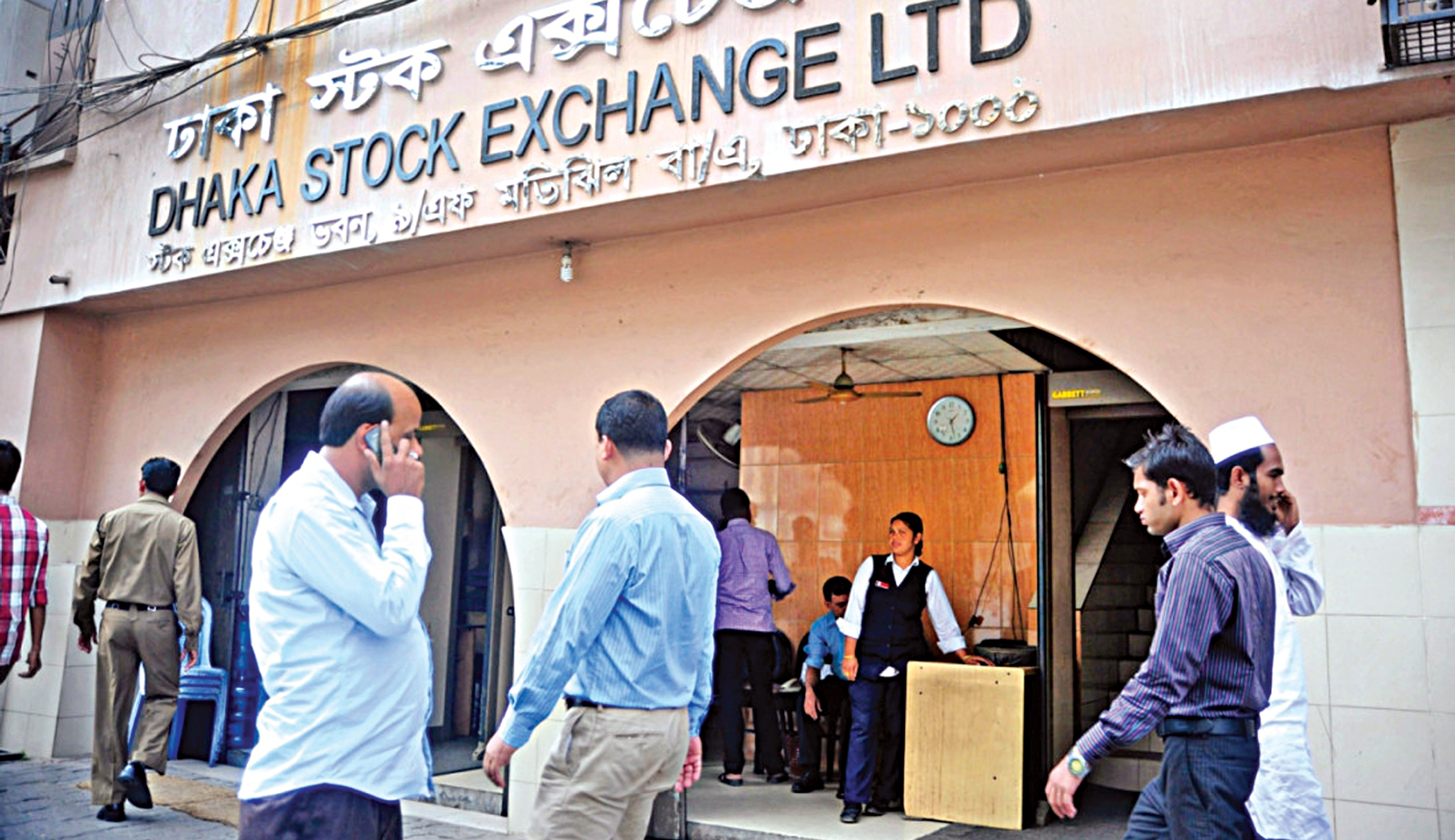Capital market regulators must start house cleaning

A silent, creeping malaise has infected the nation's key capital market for years. Dozens of companies—collectively referred to by analysts as "zombie firms"—have been languishing in the Dhaka Stock Exchange's (DSE) ignominious "Z" category for five years or more. This cannot be a mere administrative oversight; it reflects regulatory inaction threatening the integrity of the entire stock market. These firms have been plagued by years of losses, non-payment of dividends, negative net worth, and often a disregard for basic governance such as holding annual general meetings or even maintaining functional contact details. Despite such toxic fundamentals—accumulated losses for 27 of these firms stood at Tk 27,000 crore until June 2024—their shares continue to trade. This is a glaring example of dysfunction that fosters and rewards pure speculation.
The core of the problem lies in the regulatory philosophy adopted by both the Bangladesh Securities and Exchange Commission (BSEC) and the DSE. Their long-held stance is one of non-intervention, arguing that the "Z" category label serves as a sufficient warning and that investors must bear responsibility for their speculative choices. However, this hands-off approach is ill-suited to the realities of Bangladesh's market, where financial literacy is often limited. Simply moving a failing company into a "junk" category and leaving it to fester creates a playground for market manipulation and allows financially distressed entities—which "owe more than they have"—to continue posing as legitimate investment vehicles.
We concur with industry experts who argue that allowing these financially deceased firms to operate is tantamount to "letting zombies roam the market." As one succinctly put it, if a regulator determines a firm has "no chance of being a going concern," it should be liquidated and delisted. Delisting, therefore, is a necessary process of market hygiene. The companies that have been in the red for a decade or more demonstrably fail the "going concern" criterion and have forfeited their right to access public capital. In this regard, the regulators' hesitation—that forced exit "ultimately" harms general investors—is misguided, as the greater harm lies in allowing failed firms to absorb retail investment that should be directed towards productive, healthy companies.
The solution is not complex. The DSE must enforce existing rules to remove companies failing to hold annual meetings for three consecutive years or pay dividends for five. For its part, the BSEC must proactively support any delisting moves initiated by the DSE. Regulators must also ensure accountability by penalising top executives where failure stems from malfeasance by sponsors and directors. We cannot build a trustworthy capital market without this long-overdue house cleaning.



 For all latest news, follow The Daily Star's Google News channel.
For all latest news, follow The Daily Star's Google News channel. 


Comments